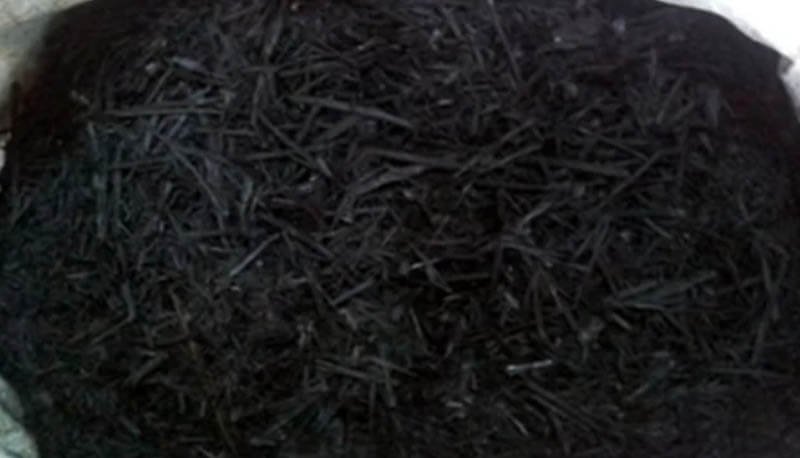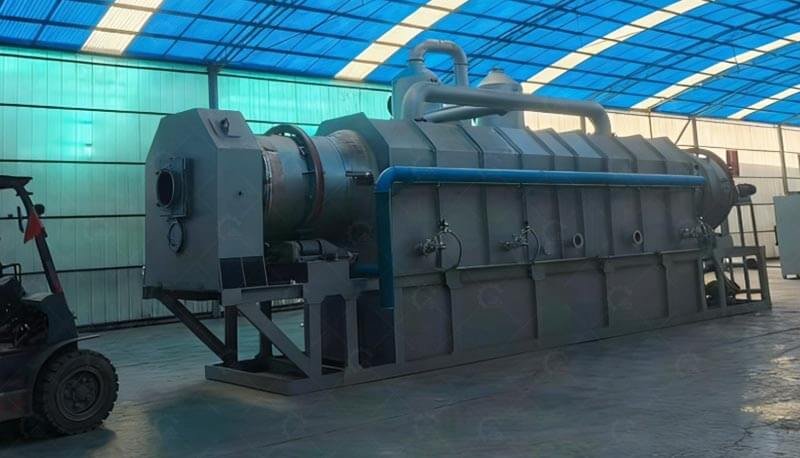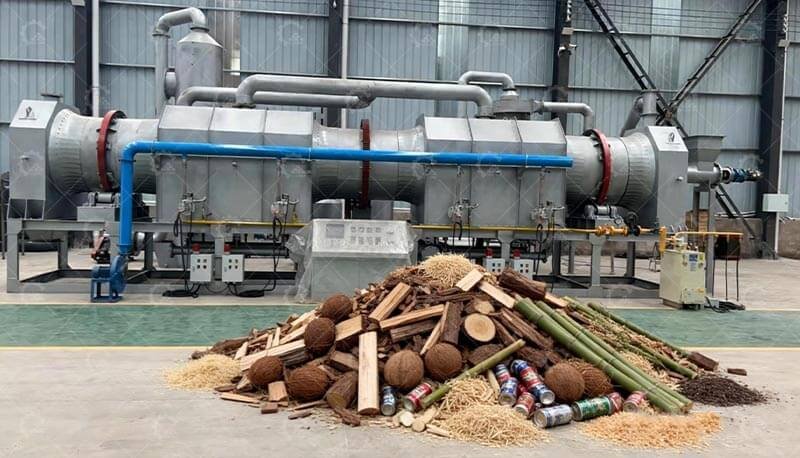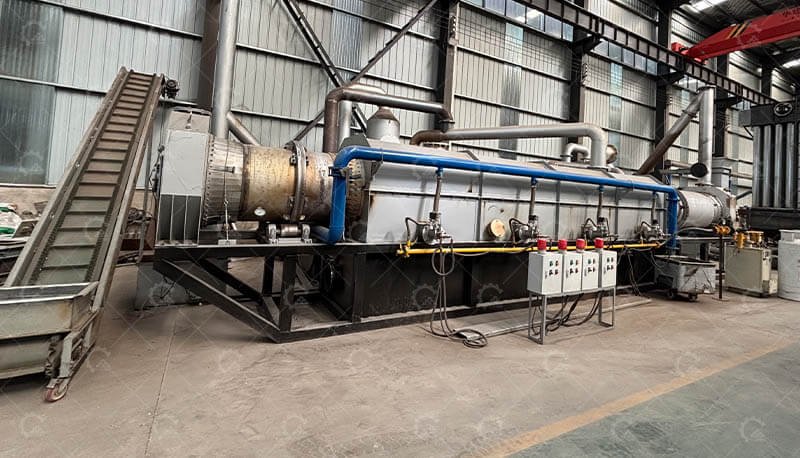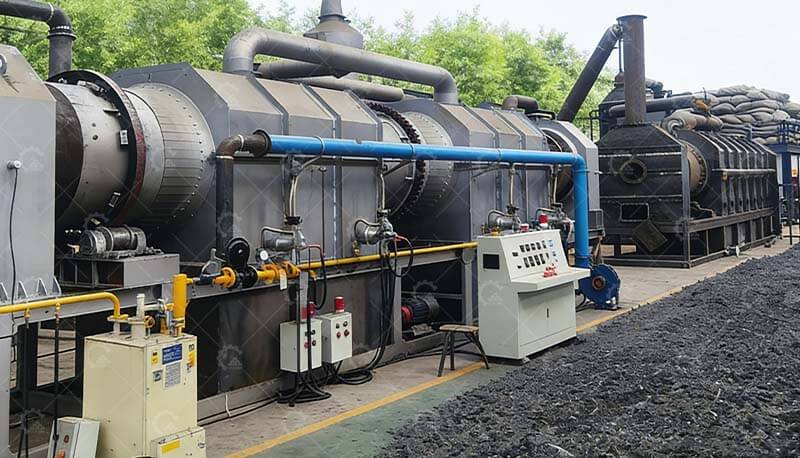Understanding the rice straw biochar machine price is crucial for farmers, entrepreneurs, and sustainability projects looking to turn agricultural waste into valuable biochar.
What Exactly is a Rice Straw Biochar Machine?
A rice straw biochar machine is specialized equipment designed to convert abundant rice straw waste into biochar through pyrolysis – a high-temperature, oxygen-limited process. This technology solves the critical problem of open-field burning, transforming waste into a stable carbon-rich soil amendment. Biochar enhances soil fertility, retains water and nutrients, and sequesters carbon long-term. Investing in this technology means investing in agricultural sustainability and waste valorization.
Breaking Down Rice Straw Biochar Machine Price Ranges
Expect significant variation based primarily on production capacity and automation level:
1. Small-Scale/Batch Systems (100-500 kg/h)
Ideal for farms or pilot projects. Prices typically range from $15,000 USD to $60,000 USD. These often require more manual operation.
2. Medium-Scale/Semi-Continuous Systems (500-2000 kg/h)
Suitable for cooperatives or dedicated biochar businesses. Investment falls between $60,000 USD and $180,000 USD. Offers better efficiency and automation.
3. Large-Scale/Continuous Systems (2000-5000+ kg/h)
Designed for industrial processing or large feedstock volumes. Rice straw biochar machine price here starts around $180,000 USD and can exceed $500,000 USD, featuring high automation and integration.
Key Factors Driving Your Machine’s Cost
1. Production Capacity & Throughput
Higher capacity = higher price. Match the machine size to your available rice straw volume and processing goals.
2. Automation & Control Level
Basic PLCs cost less than sophisticated touchscreens with full automation, remote monitoring, and data logging.
3. Pyrolysis Reactor Type & Heating Method
Rotary kilns, retorts, or fluidized beds have different price points. Direct vs. indirect heating systems also impact cost and efficiency.
4. Gas Treatment & Emission Control
Essential for environmental compliance. Basic cyclones are cheaper than integrated scrubbers or advanced thermal oxidizers, significantly affecting the final biochar equipment cost.
5. Material & Build Quality
Machines built with high-grade heat-resistant steel (like 310S) last longer but cost more upfront than standard carbon steel options.
6. Manufacturer & Brand Reputation
Established brands with proven reliability and strong after-sales support often command higher prices than lesser-known suppliers.
7. Energy Source Integration
Systems designed to utilize the syngas produced during pyrolysis for heating can improve efficiency but add complexity and cost.
8. Shipping, Installation & Commissioning
Factor in logistics costs (especially for large machines), installation fees, and potential foundation work. Biochar production plant setup costs are often overlooked.
Choosing the Right Machine: Beyond Just Price
Assess Your Feedstock
How much rice straw can you realistically collect and process annually? Don’t over-invest in unused capacity.
Define Your Biochar Quality Needs
Does your target market require specific properties (pH, surface area, nutrient content)? This influences technology choice.
Prioritize Reliability & Support
Look for manufacturers with a solid track record and responsive technical support – crucial for minimizing downtime. Reliable biochar machine manufacturers are worth the premium.
Evaluate Total Operating Costs
Consider energy consumption, labor, maintenance parts availability, and potential revenue streams (biochar sales, carbon credits).
Your Rice Straw Biochar Machine Price FAQs
Q: What’s the typical price range for a small farm unit?
A: Expect $15,000 – $40,000 USD for a basic, small-capacity (100-300 kg/h) batch unit suitable for farm use.
Q: How much does automation impact the rice straw biochar machine price?
A: Significantly. A fully automated continuous line can cost 3-5x more than a comparable capacity semi-automated batch system, but offers lower labor costs and higher consistency.
Q: What are the ongoing maintenance costs?
A: Budget 3-7% of the machine’s initial price annually for routine maintenance (refractory, seals, sensors) and potential part replacements. Biochar pyrolysis unit maintenance costs vary with usage and quality.
Q: How long is the delivery and installation time?
A: Allow 30-90 days after order for manufacturing (standard models) and 1-4 weeks for installation/commissioning, depending on complexity and site readiness. Biochar reactor delivery time can vary.
Invest Wisely for Sustainable Returns
The rice straw biochar machine price is an important starting point, but it’s the value – transforming waste into profit and environmental benefit – that truly matters. By carefully considering your capacity needs, quality requirements, and the critical factors outlined above, you can identify the machine that delivers the best return on investment for your specific operation.
Ready to get a precise quote tailored to your rice straw volume and biochar goals? Contact our experts today for a detailed consultation and discover the best value machine for your budget! We specialize in helping you navigate the price landscape to find your optimal solution.


